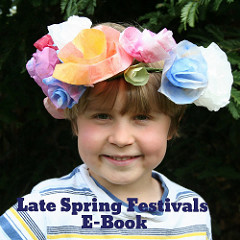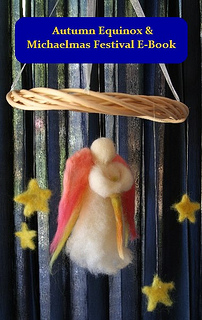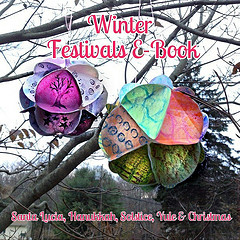Confronting Language and Swears
Tonight we had a really good dinnertime conversation about language, swears, and insults. We discussed class, race, intimacy, and the concepts of manhood and what kinds of things are sometimes said to unman someone, degrade him, and make him feel less than. We talked about how sometimes we can say things in jest with close friends that are clearly not acceptable to say to a stranger, because personal history matters, what you’ve been through together matters: “We have heard the chimes at midnight, Master Shallow” (Henry IV, Part 2, Act 3, Scene 2). We talked about words that are said in multiracial high schools by teens who are finding their way to friendships despite differences in background, skills, socioeconomic status, race, and gender, and then we contrasted that with what can and cannot be said in a private elementary school that is far less diverse, because context matters. My 10-year-old surprised me by busting out “fucktard” as a funny insult. Our teen insisted, “Just say the word,” and I totally agree. If you’re having a conversation about language you have to use it. We talked about how “fag” is used much less now (compared to when I was younger) than “cuck” (these days) to insult a man. And about what it feels like to hear these words of denigration. We talked about how “bitch” compares men to women unfavorably, as though the worse thing a man can be is like a woman, and how that might make women feel to know that’s what is meant.
And in case you think such talk is inappropriate for the dinner table, or for a family whose youngest member is 10, I would have to disagree. For how much time do we have to cover these important issues? For how many years are children receptive to their parents’ opinions on these topics? Less time that you might think! And we do far more good by confronting difficult topics with our kids, expressing our thoughts and feelings about them–even our fear and uncertaintly–than by pretending that the world isn’t sometimes cruel, or pretending that our beloved children will never be faced with a choice to use cruel words, or pretending they will never hear these words levied at themselves. Language isn’t the problem, but problems can be confronted by and improved by an examination of language.







